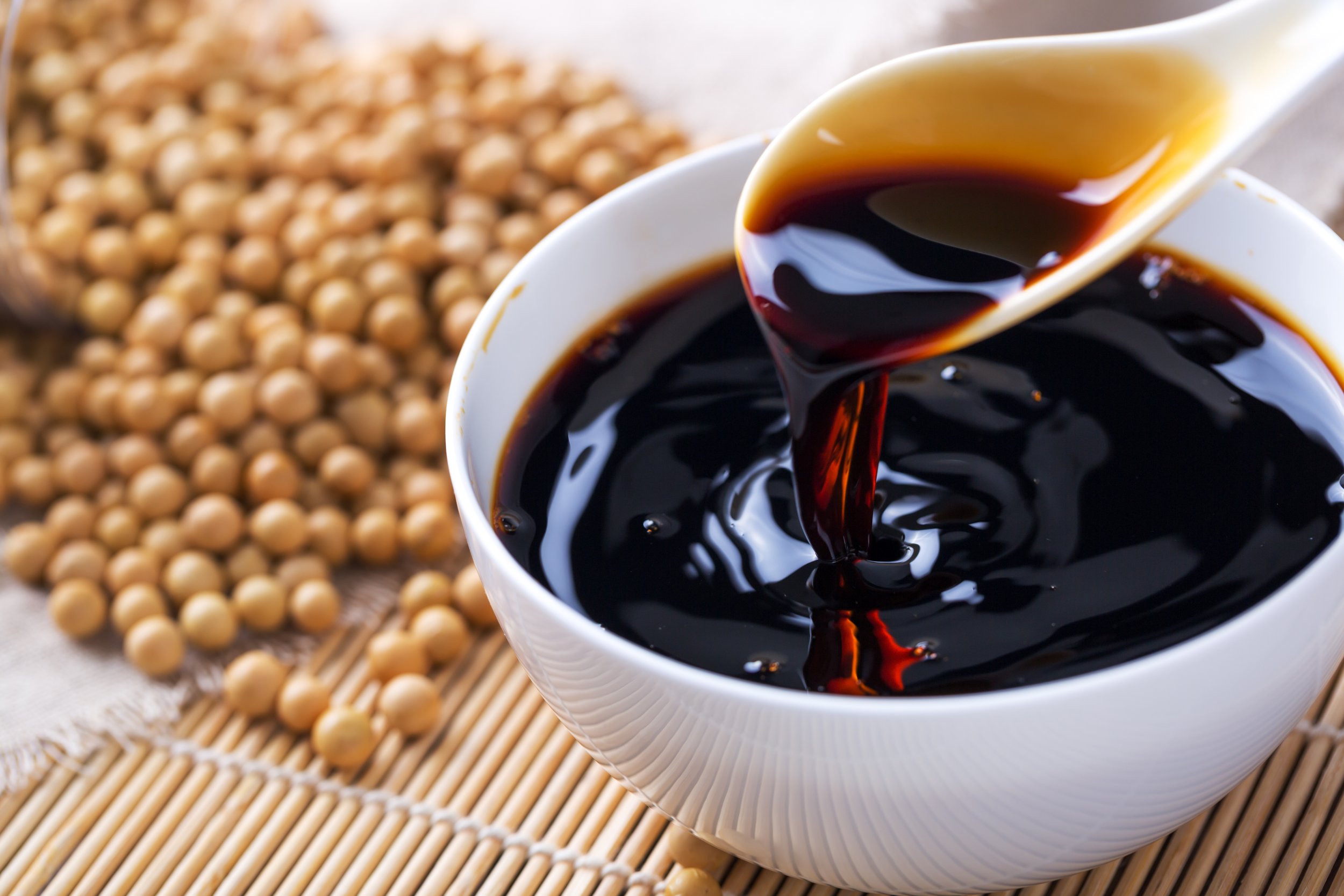In INdonesia, a fight for soy sauce crown
By Steven Gray
JAKARTA, Indonesia–When H.J. Heinz Co. snapped up a majority stake in Indonesian soy-sauce maker ABC in 1999, it had visions of expanding its product line and rolling across parts of Asia on a river of the black condiment.
But two years later, Unilever NV's Indonesian unit bought a majority stake in Bango, the country's No. 2 soy-sauce maker, and Heinz was drawn into a battle with the global consumer-goods giant, a Dutch-British company with much deeper roots in the world's most populous Muslim nation.
Soy sauce is believed to have been taken by Chinese traders across Asia and the rest of the world. Today, soy sauce generates about $6.5 billion in global sales every year. Both Unilever and Heinz see their Indonesian soy-sauce businesses as an entree into the hearts and minds of Indonesia's working and middle classes. But Heinz's ABC has been losing market share to Unilever's Bango, and now it is at a turning point.
While Heinz has scaled back its global soy-sauce ambitions, the Pittsburgh company says ABC has nonetheless emerged as its most profitable Asian business. The brand generates $100 million in annual sales world-wide, mostly in Indonesia. Even Nelson Peltz, the dissident Heinz shareholder who picked up two board seats last year, has stopped agitating the company to consider divesting itself of ABC.
Heinz, with a market capitalization of about $15.2 billion, doesn't disclose how much of its sales come from Asia. However, it says sales in China, Indonesia and India -- its largest Asian markets -- are growing at double-digit percentage rates, and that its "emerging markets" business is expected to account for $1 billion in sales in its 2008 fiscal year.
But ABC's share of Indonesia's $182 million soy-sauce market fell to 33% in 2005 from 40% in 2001, while Bango's nearly tripled to 32% in the same period, according to market-research firm Euromonitor International. Heinz challenges that analysis, saying its market share has remained steady and noting that ABC's sales and profit have doubled since Heinz bought its stake.
ABC is hoping to maintain its place by tapping the growing number of Indonesians buying frozen pizzas, canned sardines and shrimp pastes in a variety of forms.
One recent morning, Monica S. Solichien, ABC's head of research and development, stood in the kitchen of Fara Kuswandari as the 32-year-old housewife tossed chopped onions, garlic and chili peppers into a skillet. Next came meatballs and boiled noodles, then a slathering of kecap manis, as thick, sweet soy sauce is known here. Ms. Kuswandari, who began cooking regularly after leaving her job as an accountant to care for her young daughter, swirled the concoction with a spoon. "Tastes good, I hope," she said nervously, putting the spoon to her lips. Ms. Solichien, 41, peppered Ms. Kuswandari with questions, seeking insight into her daily routine.
There are essentially two types of soy sauce: kecap manis, a molasses-thick sauce often sweetened with palm sugar; and kecap asin, a thin, salty sauce. When ABC's kecap asin was introduced in the mid-1970s, it was sold in a glass bottle at a premium price. Eventually, ABC expanded into kecap manis, as well as lower-price smaller plastic bottles and single-use packets that now cost about 200 rupiah (two U.S. cents), helping it develop a loyal following among working-class rural Indonesians.
Heinz's acquisition in 1999 came on the heels of Southeast Asia's financial crisis. But Heinz executives quickly learned they had underestimated the potential to extend the ABC brand in Indonesia, both in soy sauce and other higher-margin packaged-food products such as chili, canned sardines, and a line of flavored beverages popular among Indonesian youth. It accelerated the brand's expansion. But exporting ABC soy sauce to other markets, particularly China, proved a tougher proposition: China is a highly competitive market, and soy-sauce taste preferences are as varied as those in Indonesia.
After Unilever bought Bango, the brand used Unilever's extensive distribution network to move beyond Jakarta, and quickly began stealing market share from ABC and smaller soy-sauce companies.
Facing Bango's threat, in 2001 ABC hired Ms. Solichien as technical services director, overseeing research and development. Ms. Solichien studied chemical engineering and food technology at Iowa State University before spending nearly a decade at one of Indonesia's largest food companies. She recalls her surprise at how disorganized ABC seemed: Employees, for instance, kept recipes in their heads. She ordered them to write down the recipes so each batch of soy sauce would be consistent, and hired experts in product packaging, soybeans and chili.
Her team began studying Indonesian housewives. One insight: ABC's soy sauce was saltier than Bango's -- too salty for some consumers. ABC spent six months tweaking the kecap manis formula, reducing the salt dosage and increasing levels of other spices, such as licorice.
Last November, ABC hired Iriana Ekasari Muazd as its marketing director, snatching her away from Unilever. She gave ABC's packaging its first upgrade in nearly 15 years. The new pouch has a metallic finish, to stand out on store shelves. One top corner is designed to control the flow of soy sauce so it doesn't spill.
Next month, Unilever will fire its latest volley in the soy-sauce war: Bango will start selling 300-rupiah soy sauce packets nationwide. It has also shortened the soy-sauce name to "Kecap" from "Kecap Bango," aiming to position the Bango brand to move beyond soy sauce.
But ABC will have to work harder to win back consumers such as Darsini, a 40-year-old department-store cosmetics clerk who like many Indonesians uses only one name. For years, Ms. Darsini used ABC's kecap manis. But after seeing Bango's ads, she switched. "The taste of Bango is blended -- not too salty, not too sweet," she said one humid afternoon, standing in a Jakarta market, between rows of cardamom and lemon pepper and slabs of raw beef. Bango's premium price isn't an issue. "What's important is the taste," she said, adding, "I'm loyal."




